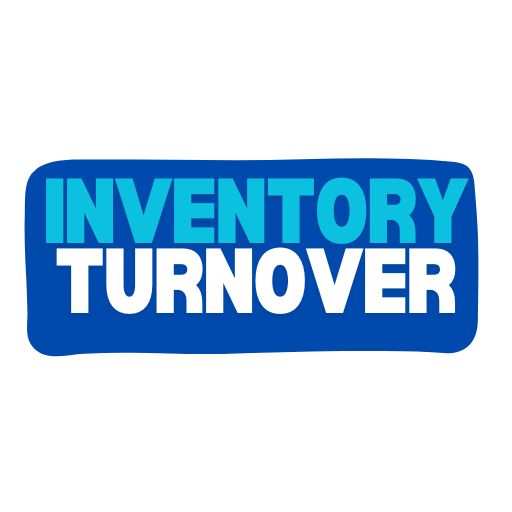There is growing optimism that markets for initial public offerings are on the rise and will rebound in the next year or two. In particular, the IPO market is looking bright in 2025, with a number of companies already filing for IPOs and each expecting to raise $1 billion or more.
We’re already starting to see an uptick in companies looking to complete an IPO in 2025. If you’re thinking about an IPO in the medium term, here are 10 questions you should consider:
Do I have a well-crafted story of my company’s growth path? Developing a compelling story to market your company to potential investors is crucial to a successful IPO. A clear equity story, supported by appropriate key performance metrics and helpful data points, will highlight your company’s strengths and growth path.
Should I revise how the company approaches information-sharing among employees? For public companies, the consequences of leaks and inadvertent disclosures of market sensitive information can be severe, ranging from distraction and market confusion to potential violations of federal securities laws.
Assess your companies’ history of information sharing practices, that is, what kinds of information gets disseminated and how broadly. Apply particular care to the most sensitive information, which tends to be enterprise-wide results and outlook, and limit it to the smallest universe of recipients consistent with business operations.
This added rigor may be a change for private companies that are accustomed to more transparent and open communications.
Are there key enterprise risks that should be reassessed? Going public exposes companies to new risks that are specific to public companies, such as the Securities and Exchange Commission enforcement actions, insider trading compliance, and stock drop lawsuits. Becoming a public company also may exacerbate the negative consequences from existing enterprise risks.
A thorough risk assessment, or refreshing an existing risk assessment, will help determine whether and to what extent you should recalibrate your company’s tolerance for certain enterprise risks and what else may be done to mitigate them.
Do I have transactions with insiders that need to be addressed? The SEC has prescriptive rules requiring disclosure of transactions between public companies and insiders or “related parties.” The listing requirements of the New York Stock Exchange and Nasdaq also require certain governance procedures around such transactions, in addition to general state law considerations.
As a result, you will want to review all transactions in which insiders have an interest and consider whether any arrangements and relationships should be terminated or otherwise modified in connection with an IPO. In addition, the Sarbanes-Oxley Act prohibits public companies from extending credit to their directors and executives.
Do I have the right accounting resources and financial reporting systems? Once your company is public, it will be subject to ongoing disclosure requirements, including financial reporting obligations on a rigorous timeline.
It’s crucial to equip your company with the right resources and personnel to ensure a tight record to report process. Keep in mind that the Sarbanes-Oxley Act also requires public companies to establish and maintain effective internal controls over financial reporting.
Is the finance team prepared to make reliable forecasts and projections? One of the most important functions of a public company’s finance team is its ability to budget and forecast business results with precision.
Missing guidance can have a significant effect on your share price, and the ability to “beat and raise” guidance, particularly on the heels of an IPO, is pivotal. Your company should have a well-functioning financial planning and analysis team to achieve that.
Do I need to add independent directors to my board? Publicly traded companies are subject to various SEC and stock exchange rules requiring independence of its board and committees. Under these rules and subject to phase-in requirements, public companies generally must have a majority independent board and a fully independent audit committee, compensation committee and nominating committee.
Audit committee members also must be “financial literate” and at least one member of the audit committee must be an “audit committee financial expert.” Assess your current board and committee composition to see if you can meet these requirements, and if not, conduct an external search early.
Are there any shareholder arrangements that won’t be compatible? Your existing shareholder arrangements, such as consent, information or participation rights, may affect your IPO timeline or otherwise be incompatible with the requirements of a public company. Review your shareholder arrangements to identify any items that need to be addressed before going public.
Do I have the right compensation arrangements in place? Companies frequently assess whether their executives are receiving the appropriate mix of salary, bonus, benefits and stock incentives compared to those in their peer group of public companies, as part of the IPO preparatory process.
Companies often enter employment and non-compete agreements with key employees in connection with the IPO. Consider whether the existing arrangements provide management with the appropriate incentives or if modifications are necessary.
Do I have the right legal entity structure in place or is a restructuring needed? Consider what corporate and tax structure would be most beneficial for your company and whether an internal restructuring is necessary. This analysis can be complex from an accounting, tax and legal standpoint, and you should consult your advisers to ensure an IPO-appropriate structure.
When considering an IPO, early preparation is key. By considering and addressing these questions, companies will be better prepared to execute on their IPO more quickly and capitalize on momentum in the markets, in addition to aiding a smooth transition to being a public company.
This article does not necessarily reflect the opinion of Bloomberg Industry Group, Inc., the publisher of Bloomberg Law and Bloomberg Tax, or its owners.
Author Information
Hui Lin is partner in Simpson Thacher’s capital markets practice in New York, focused on equity and debt offerings and liability management transactions.
William Golden is partner in Simpson Thacher’s capital markets practice in Washington, D.C., focused on IPOs and other equity and equity-linked offerings.
Sean Dougherty is partner in Simpson Thacher’s corporate department in New York, focused on capital markets transactions and retail funds work.
Saenam Kim contributed to this article.
Write for Us: Author Guidelines

